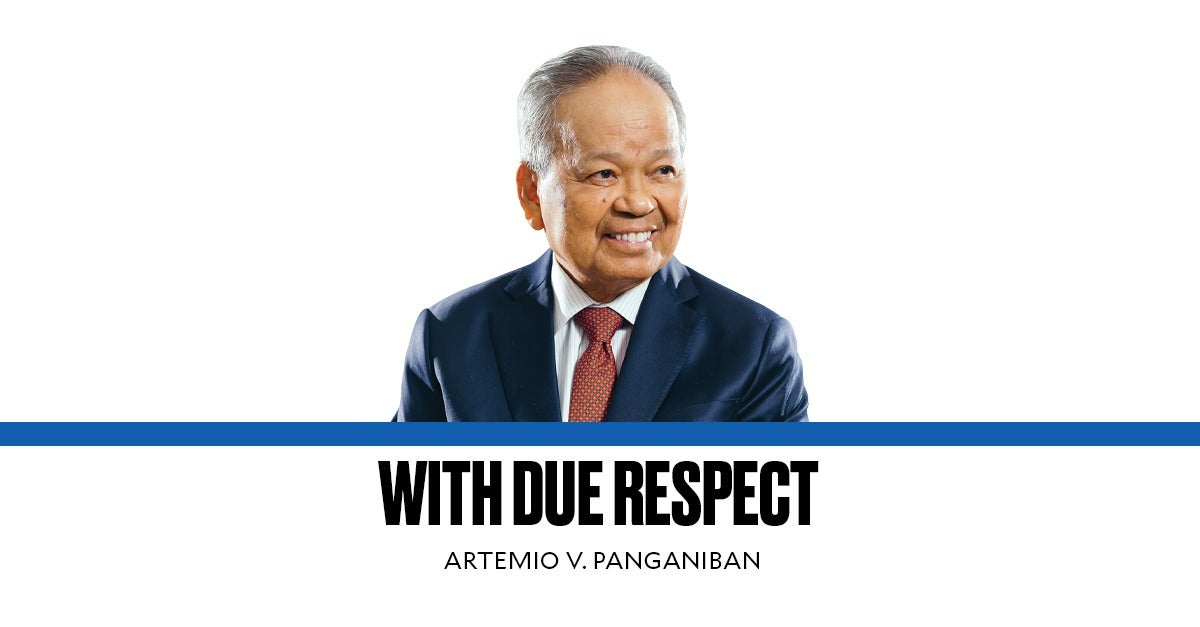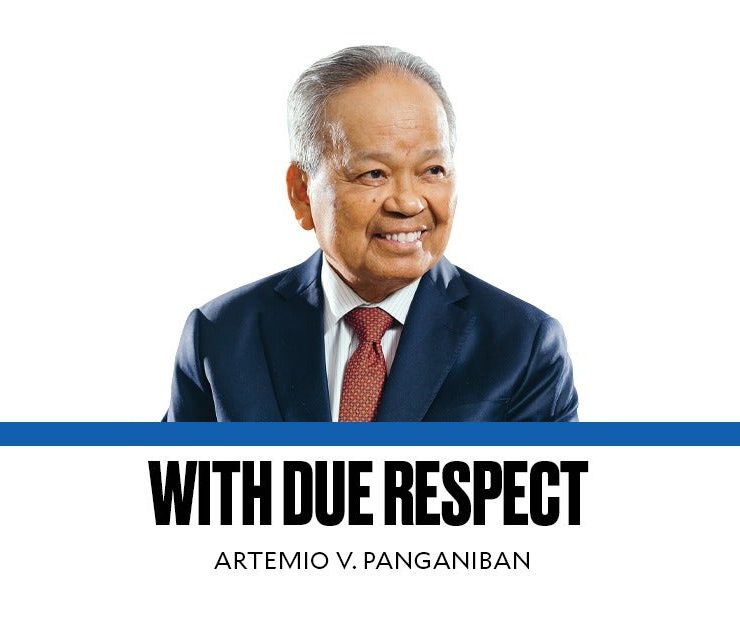Marcos, Cojuangco, JPE, Accra win coco levy

Former president Ferdinand Marcos Sr. and his wife Imelda, et al., won Civil Case No. 0033 (later subdivided into eight complaints denominated as Civil Cases 0033-A, 0033-B, 0033-C, 0033-D, 0033-E, 0033-F, 0033-G, and 0033-H) involving the coconut levy funds and the companies in which the funds were invested at, including San Miguel Corp. (SMC), United Coconut Planters Bank and Pepsi-Cola, due to the utter violation of their constitutional right to the speedy disposition of their cases.
CIVIL CASE 33 WAS FILED ON JULY 31, 1987, by the Presidential Commission on Good Government (PCGG) for the “recovery of ill-gotten wealth allegedly acquired by the defendants through the misuse and misappropriation of the Coco Levy funds.” For 37 long years since then, nothing significant has happened because of the inability of the PCGG to start proving its claims. So observed the Sandiganbayan (SBN) in Republic v. Cojuangco (Dec. 12, 2024, Second Division, per J—now PJ—Geraldine Faith A. Econg, concurred in unanimously by JJ Edgardo M. Caldona and Arthur O. Malabaguio).
Throughout those 37 long years from 1987 till the promulgation of the SBN “Resolution” last December, all that the PCGG did was to ask for “summary judgments,” (that were all denied) and to plead for postponement after postponement due to sheer lack of preparation or lack of witnesses or other dilatory tactics.
Upon motion of the defendants (except in Civil Cases 0033-A and -F), the anti-graft court, in total exasperation, ruled that enough was enough, and that the inordinate delay “subjected [the defendants] to a cloud of anxiety, suspicion and hostility … [and spent resources] on legal representation for … more than three decades … They have not yet had the opportunity to present a single witness or any piece of evidence for their defense. It is inevitable for the defense witnesses’ memories to fade or for the witnesses themselves to become unavailable and for the crucial pieces of evidence to be lost to the ravages of time.”
SIGNIFICANTLY, EDUARDO COJUANGCO, NOT THE MARCOS COUPLE was the main defendant. The other notable codefendants were former defense secretary, now Presidential Legal Counsel Juan Ponce Enrile, the major partners of the Accra Law Office (Edgardo J. Angara, Jose C. Concepcion, Avelino V. Cruz, Teodoro D. Regala, and Rogelio A. Vinluan), Maria Clara Lobregat, and Cesar Zalamea.
Citing the Supreme Court, the SBN said, “There is no constitutional or legal provision which states that it is mandatory for the accused to follow up his case before the right to speedy disposition may be recognized.” I agree.
Interestingly, the right to speedy disposition is granted by the 1987 Constitution ordained by the government of the late president Corazon C. Aquino who created the PCGG via her first sovereign issuance immediately when she assumed office after the Edsa People Power Revolution of 1986 to track down and recover the alleged ill-gotten wealth of Marcos Sr. and his supposed cronies.
Another interesting item is the SBN’s notation of the “Manifestation dated Nov. 15, 2024 of the defendant Spouses Marcos to the effect that they shall no longer pursue their cross-claims and compulsory counterclaims,” principally Mrs. Marcos’ claim in her “Answer … alleging that the shares of stock in the San Miguel Corporation listed in the names of [Cojuangco and his companies] were acquired for and on behalf of defendants Spouses Marcos as trustees.”
Verily, the Supreme Court has earlier ruled that the SMC shares in the name of Cojuangco (about 20 percent of the total) were owned by the deceased tycoon because he proved through his counsel, the recently deceased “super lawyer” Estelito P. Mendoza, that they were purchased with money loaned from a bank that he paid for later.
How the tycoon was able to control SMC and then pass the reins to Ramon Ang who, in turn, parlayed the food and beverage company into one of the largest Philippine conglomerates is worth retelling in a doctoral class in Harvard or Wharton on legitimate intrapreneurship by an honest, hardworking, and innovative entrepreneur.
AT ANY RATE, TO BALANCE THIS COLUMN, the trackers of alleged ill-gotten wealth should know that the Supreme Court forfeited on July 15, 2003, the alleged Marcos deposits in Swiss banks totaling $658 million as of Jan. 31, 2002, and another $3 million (plus accrued interest) deposited in the name of Arelma Inc. in New York, and reconveyed to the Republic 111,415 controlling shares in the Philippine Telecommunications Investment Corp., the biggest shareholder of PLDT at the time.
Finally, a major portion of the litigated assets were turned over to the country voluntarily by Jose Y. Campos (affirmed in Republic v. Sandiganbayan, Sept. 7, 2005), and by compromise agreements executed between the PCGG and Antonio O. Floirendo (on March 5, 1987 and Nov. 2, 1989), Rodolfo M. Cuenca (March 4, 1990), and Roberto S. Benedicto (Nov. 3, 1990).
Fair is fair in our judicial system. The law is applied objectively only on facts proven according to the law of evidence, not according to news reported in mainstream outlets or gossiped on social media.


















Don’t scrap the party list—take it back